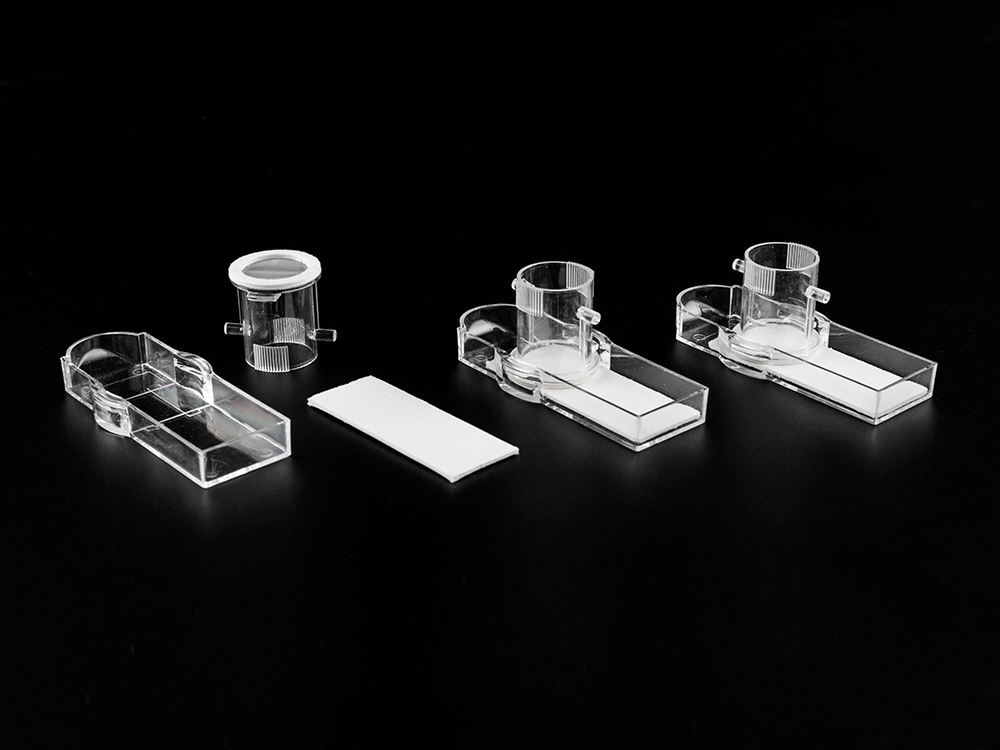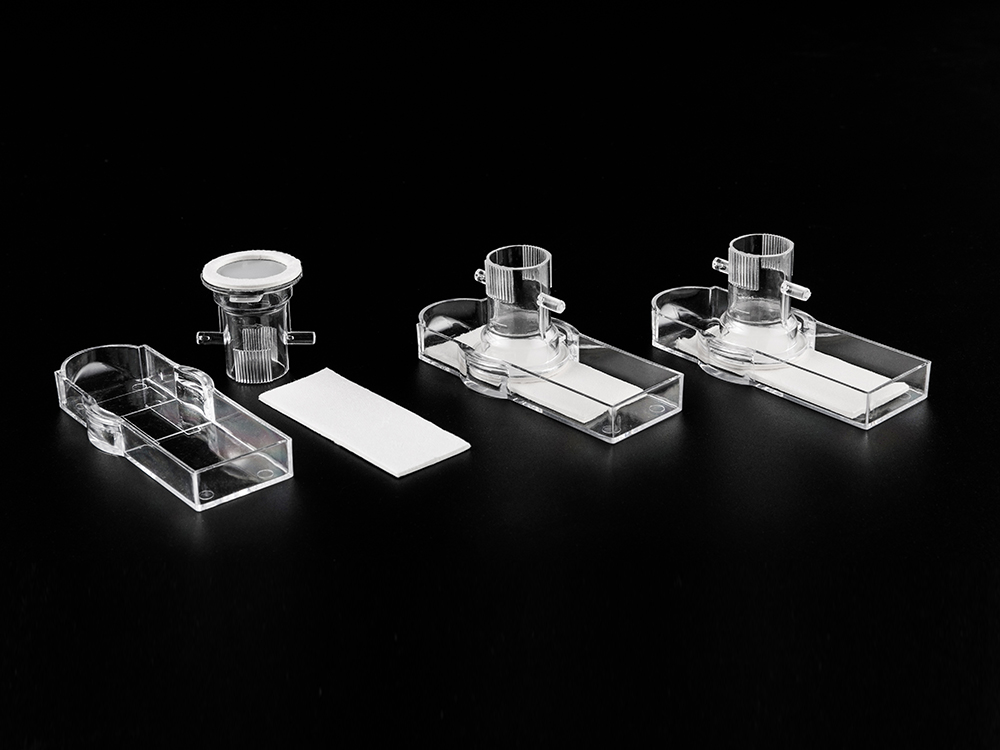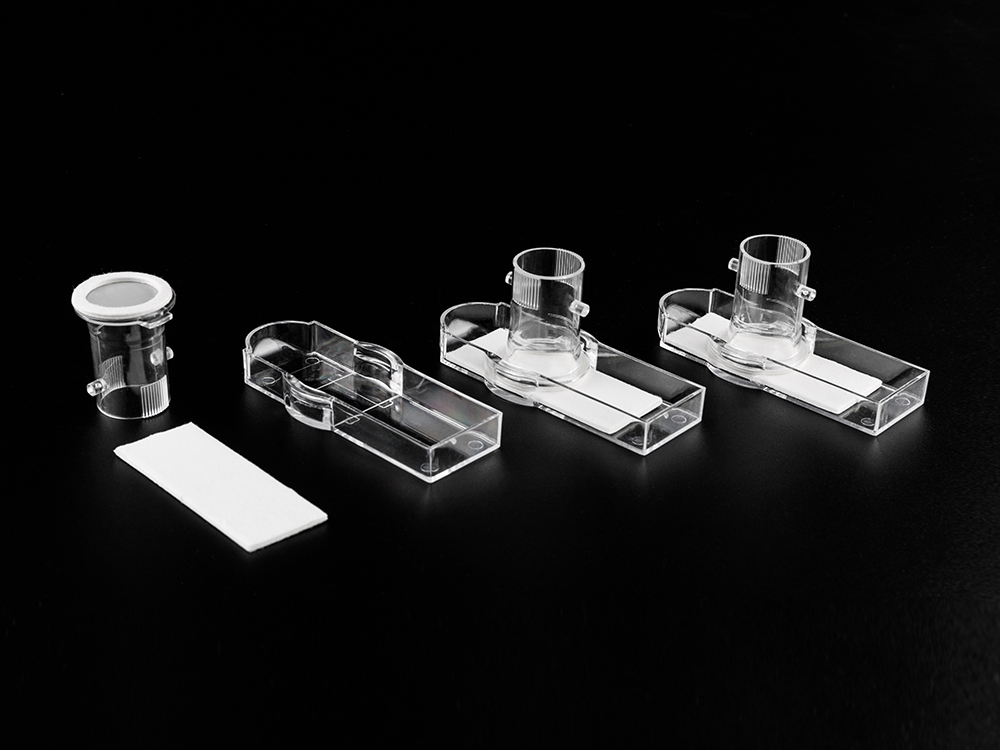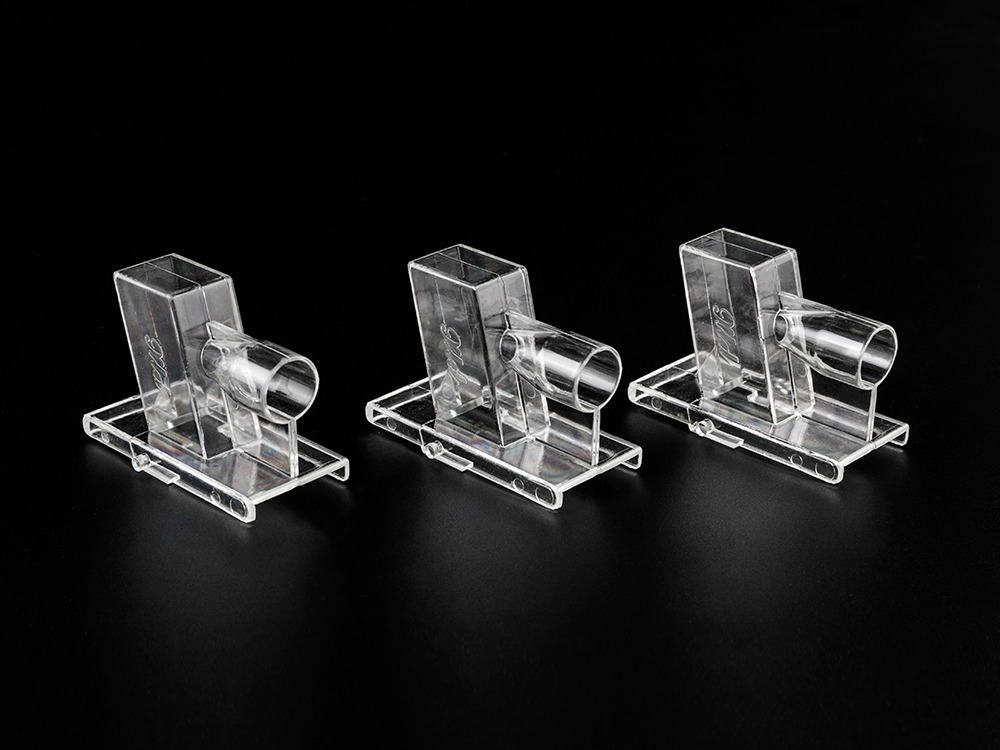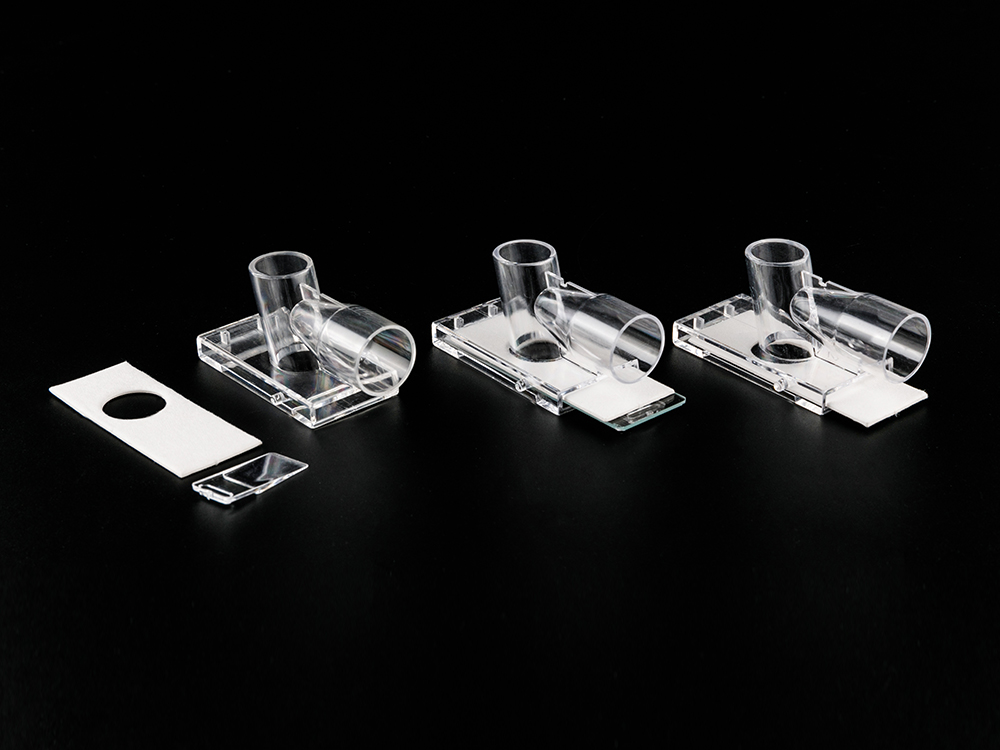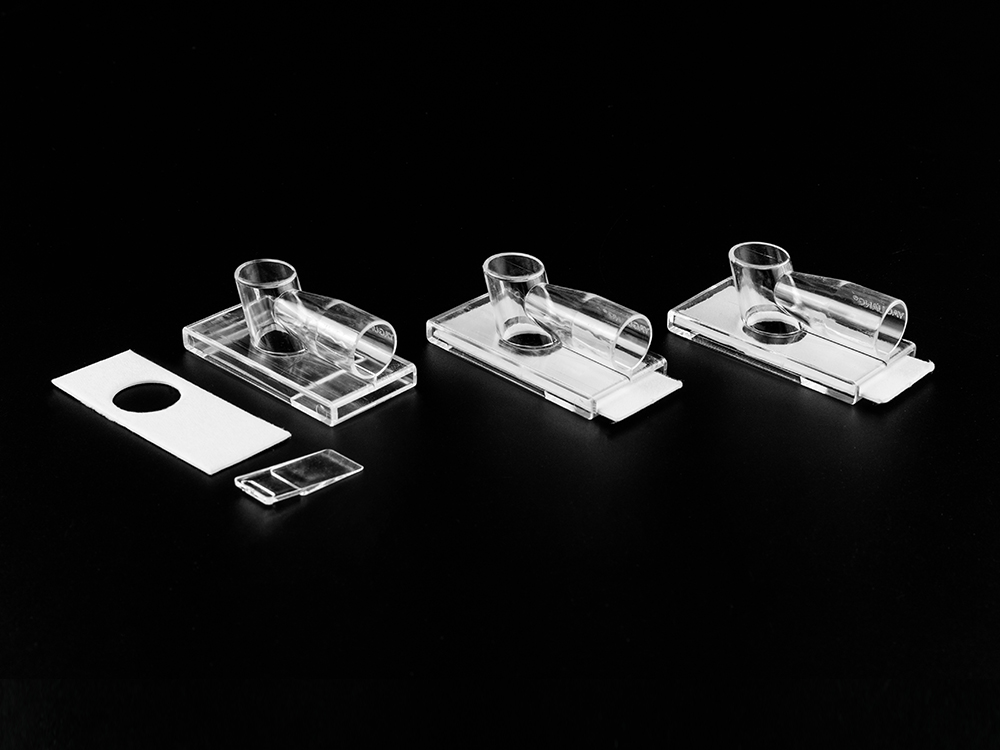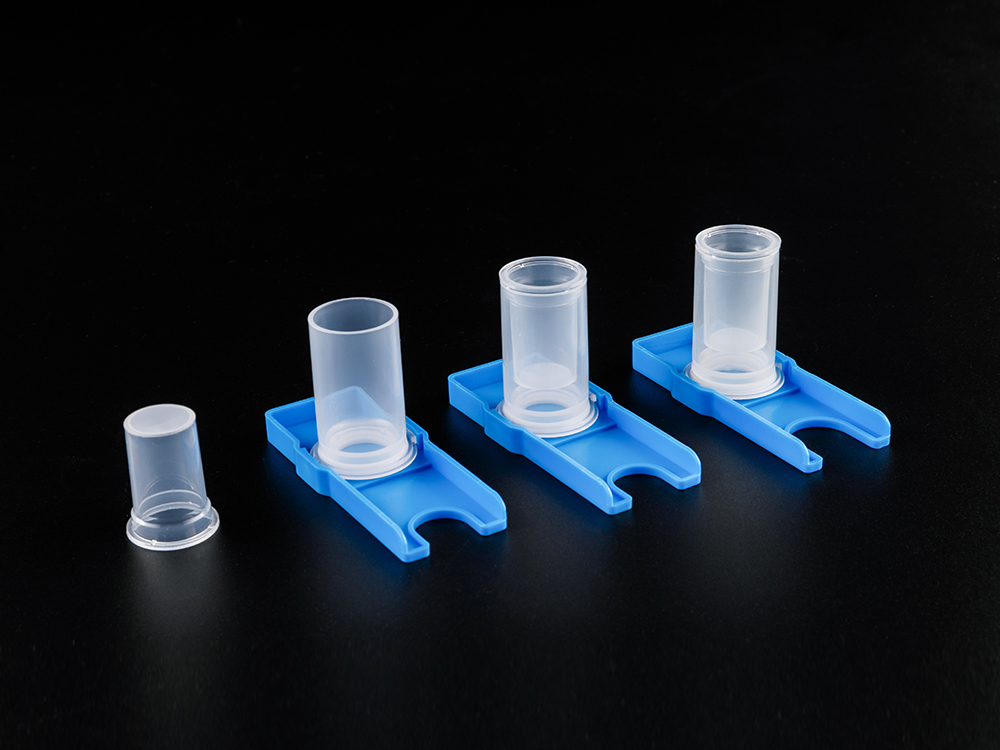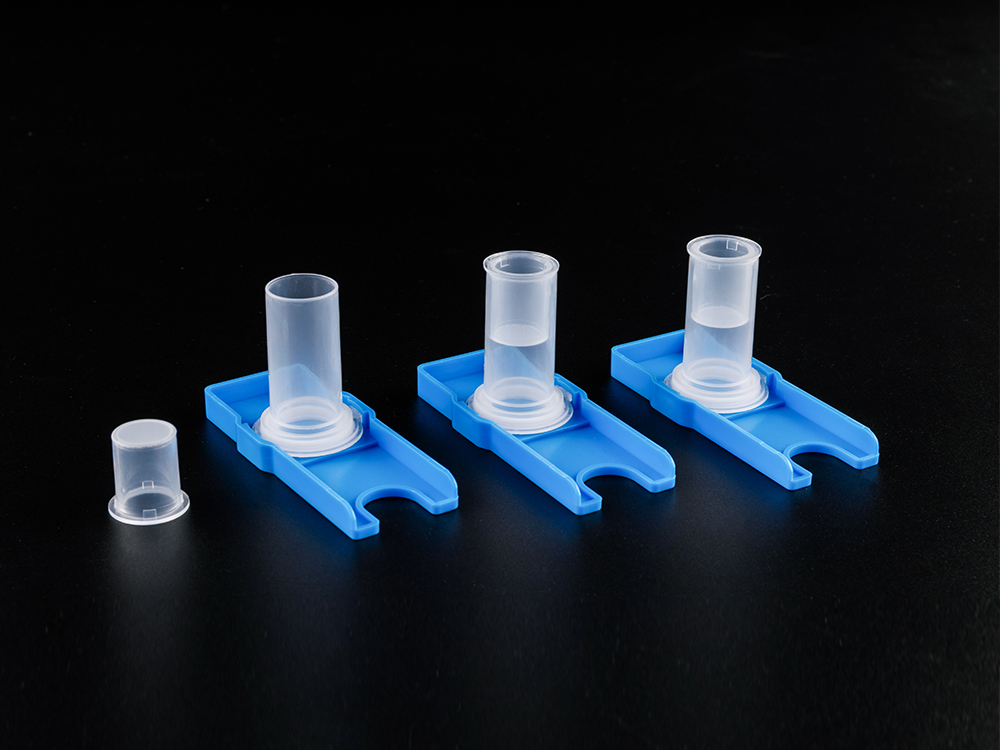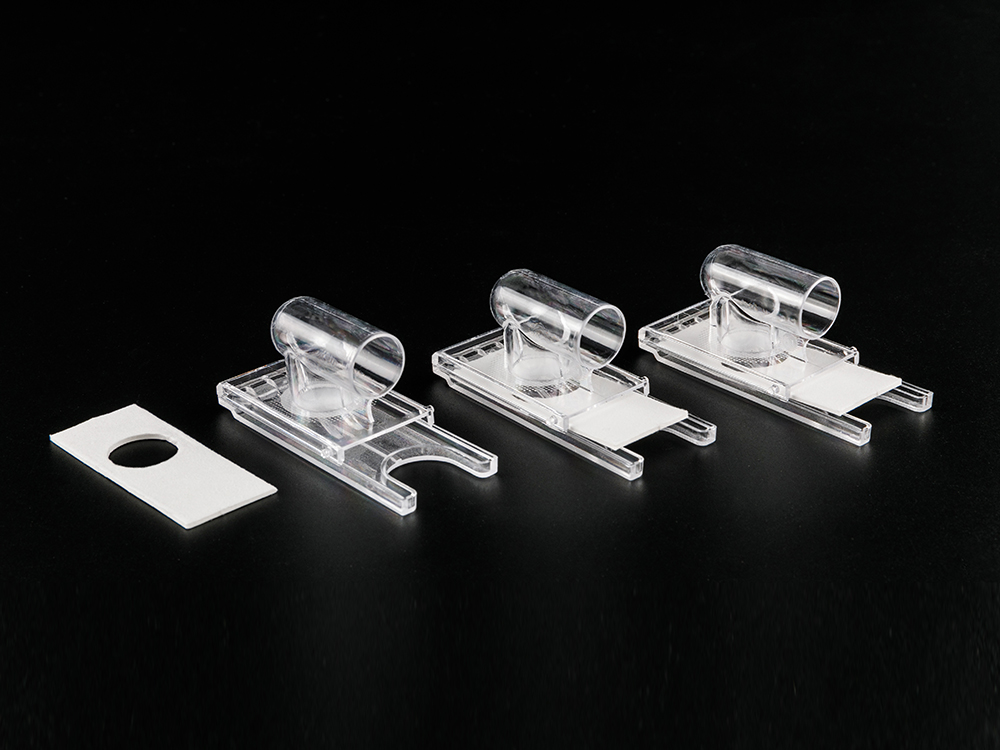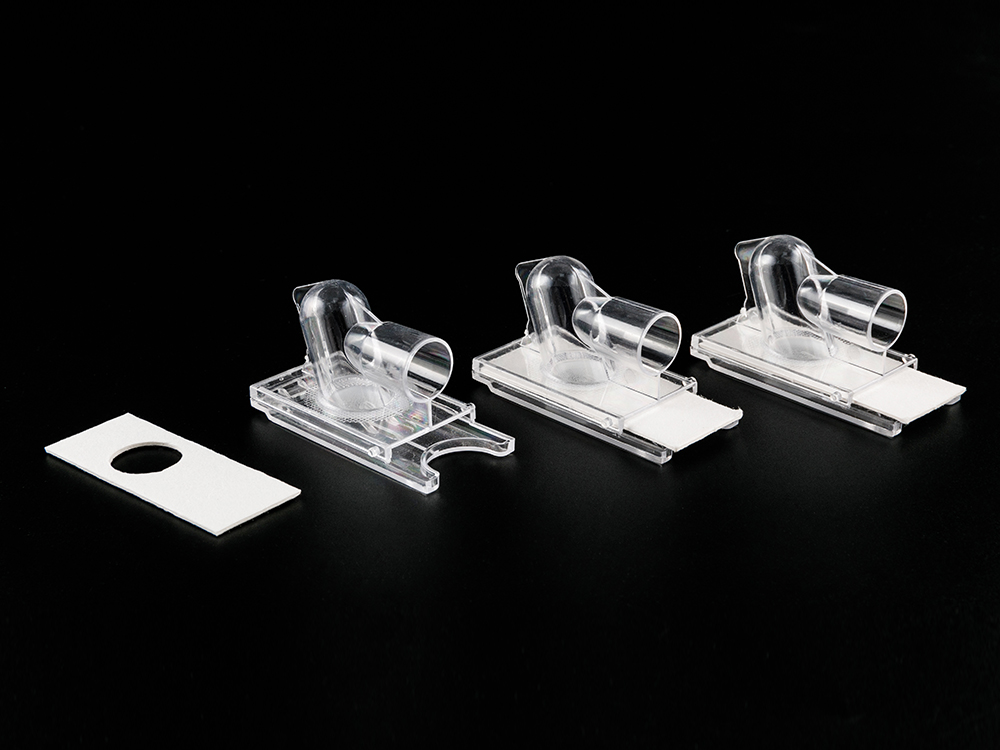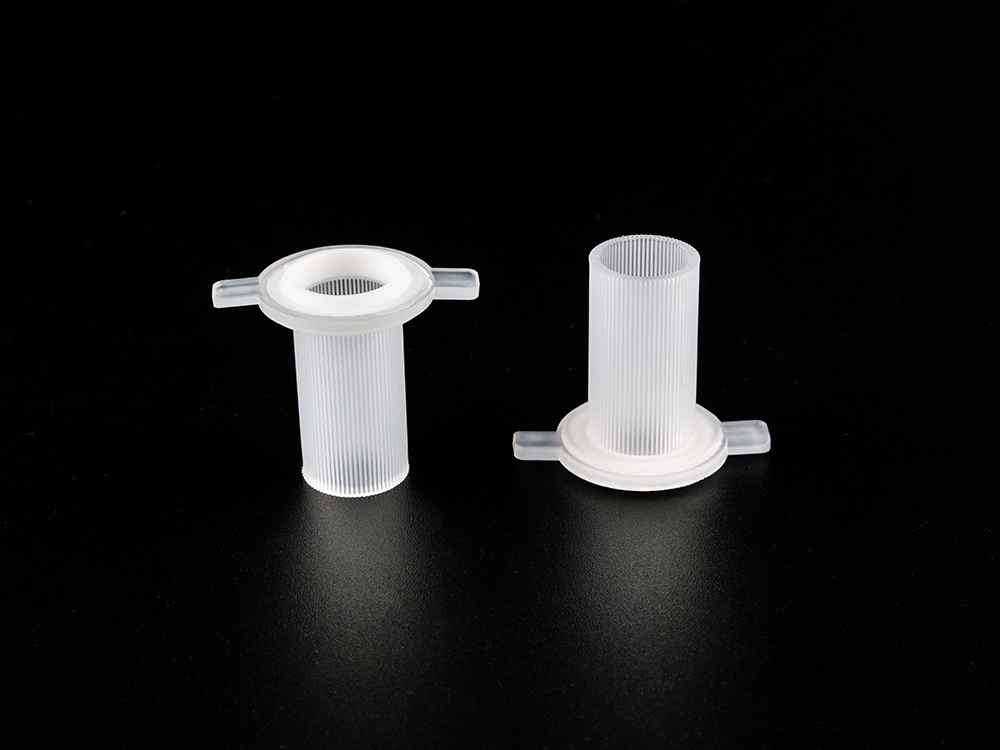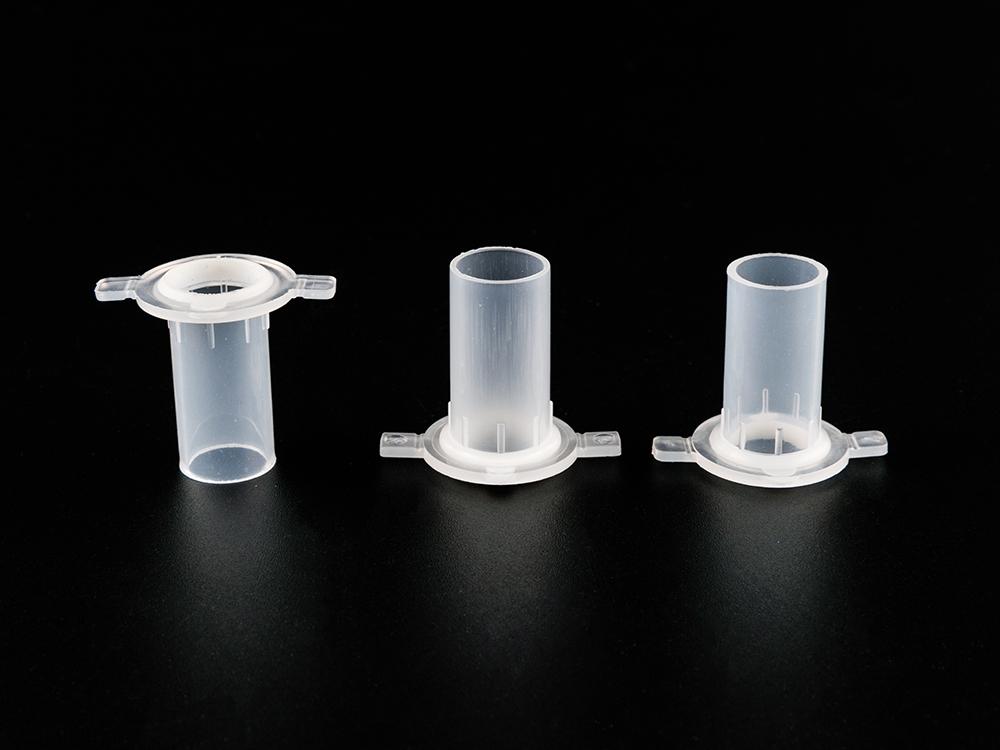Disposable medical consumables are an indispensable and important part of the modern medical system and are widely used in various diagnosis and treatment scenarios, from basic care to high-end surgery. This type of product usually refers to consumables that are discarded after one-time use in the medical process. Common types include syringes, infusion sets, cotton swabs, gloves, masks, surgical gowns, sampling tubes, surgical dressings, etc. Most of these consumables are made of non-toxic, sterile plastics, textiles or composite materials, and have multiple advantages such as safety, convenience, low cost, and avoidance of cross-infection.
With the improvement of global medical standards and the enhancement of public health awareness, disposable medical consumables are increasingly used in medical institutions at all levels, especially in key places such as operating rooms, ICUs, laboratories, and outpatient injection rooms. They not only simplify the operating procedures of medical staff and improve work efficiency, but also play an irreplaceable role in preventing and controlling hospital infections and protecting the health of both doctors and patients. For example, the widespread use of disposable syringes has effectively curbed the risk of cross-infection of diseases transmitted through body fluids such as HIV and hepatitis B. Another example is the standardized use of disposable surgical gowns and masks, which provides doctors with a high level of barrier protection while ensuring that patients receive treatment in a sterile environment.
From the perspective of product characteristics, such consumables are usually lightweight, easy to operate, sterilized, and do not need to be cleaned after use, which greatly reduces the resource investment required for traditional repetitive equipment cleaning, disinfection, and maintenance. At the same time, modern disposable consumables mostly use a quality management system that complies with ISO or CE certification during the production process to ensure the hygiene standards and safety performance of each batch of products and meet the stringent clinical use requirements. Some high-end consumables even have smart labels or traceability coding systems, which can realize the backtracking of usage records and batch control, further improving the hospital's risk management level.
With the acceleration of the trend of normalization of epidemic prevention and control and diversification of medical services, the disposable medical consumables market is moving towards environmental protection, functionalization, and personalization. New degradable materials, antibacterial technology, ergonomic design and other elements are constantly being introduced into products, which not only improves the user experience, but also responds to the social needs of sustainable development. In the future, these basic yet critical medical consumables will continue to provide solid support for the global medical system through technological innovation and standard improvement, and serve as the first line of defense for human health.


 中文简体
中文简体 English
English Español
Español Deutsch
Deutsch عربى
عربى